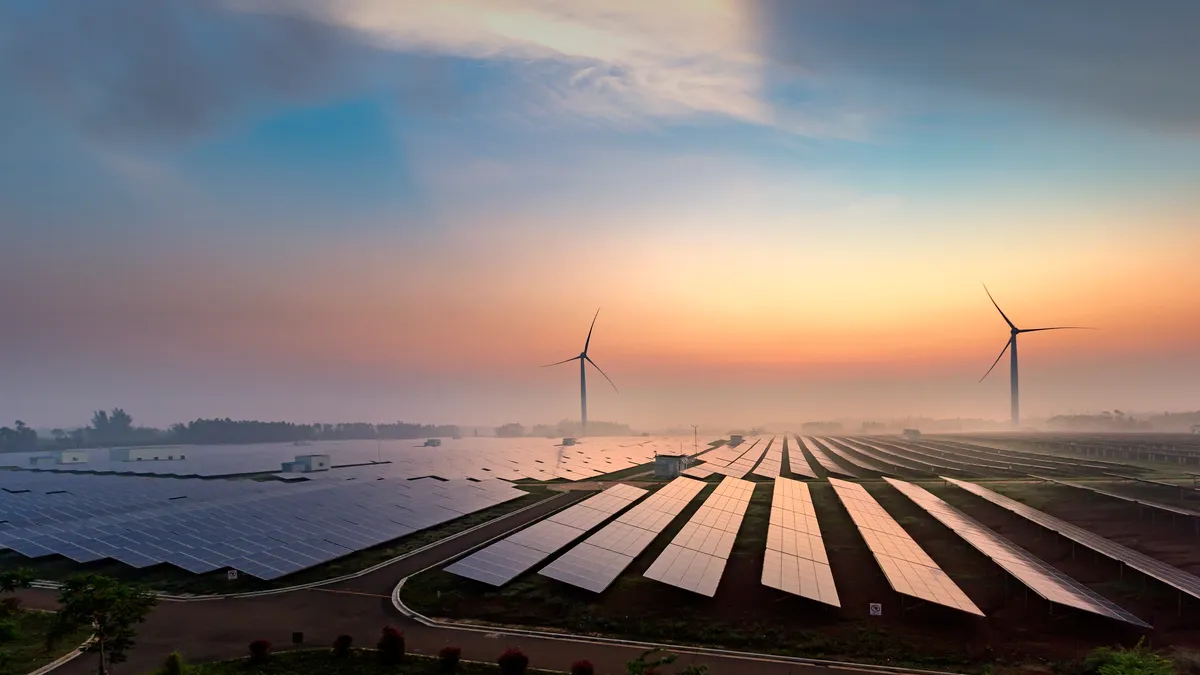Abigail Anthony is a commissioner with the Rhode Island Public Utilities Commission.
Imagine you’re on a business trip having dinner with a group of people from your company. To speed up service a colleague asks everyone for their preferences in advance, yours being a fairly pricey fish entrée that meets your dietary restrictions. Later, when the food arrives, a bit of sharing occurs.
Everyone eats, and now comes the bill. Unfortunately, the colleague that coordinated the order has committed the faux pas of forgetting to ask for separate checks. Everyone agrees to pay for what they ordered, but at this point, it’s too late to get separate receipts. Fortunately, waitstaff can print a copy of the total bill for each member of the party. Dutifully, you all bring home copies of the same receipt. You circle the more expensive fish entrée you ordered and paid for on your copy and submit it to your boss for reimbursement.
The problem is that any of your officemates, perhaps conflating the memory of eating some of your fish with actually paying for it, might also circle the same item on their copies of the bill. If any two of you claim the same meal, your boss will notice the total reimbursement request does not equal the total cost of the meal. Upon further investigation, your boss will find some of you are trying to get reimbursed for the same meal. Here, a lack of simple coordination has created the needless risk that someone will lose the cost of their meal, their reputation as an honest employee, or even their job.
This isn’t a very hard problem to solve. You’re likely able to quickly frame out some simple data collection, communication, settlement, and validation steps that could prevent trouble. Now imagine this was a multi-billion-dollar meal and consider how important those steps become.
States and customers that share a power pool are at a sort of multi-billion-dollar dinner table consuming electricity. With the reality of climate change looming over our table, many of us have determined the greenhouse gas emissions of our consumption matter, and we must consider those costs in our decision-making. In fact, some states, like Rhode Island, have a legal obligation to eliminate GHG emissions in all sectors of our economy, which means we have a legal obligation to report our GHG emissions to our bosses: the public.
And it’s not just state governments. Individual consumers in all states, including some of the largest retail electricity customers in the world, need to confidently report their emissions. I’m not only referring to those companies with voluntary pledges to reduce their emissions, which they, their shareholders, and their customers take seriously. I’m also referring to a large number of companies that will need to report their emissions because of the decisions of entities beyond the control of state utilities commissions, like the Securities and Exchange Commission and the European Union.
When we share generating resources, reporting our emissions is not something any one of us can do independently, unless we’re willing to take risks analogous to an employee circling a fish dinner on a long receipt. If one consumer claims to use energy that is cleaner than the average system emissions, the remaining consumers must be assigned energy with higher-than-average emissions. Any other outcome would defy reliable accounting and could lead to inefficient and confusing outcomes such as customers paying twice to be 100% clean or actual emissions that escape allocation.
For example, if Rhode Islanders buy clean electricity from a generator in another state and claim it in our emissions profile, we need to know that the host state isn’t also including that same generation in their emissions profile. Yet there’s no reliable way to know how often this double counting happens today, what the impact is on an individual entity’s pursuit of lower emissions, and what legal and financial risk an uncoordinated accounting system might create. Thus, most jurisdictions, if not all, need a system that enables entities to make rightful claims to their emissions, and rightful claims to what is not their emissions.
Some states, like Rhode Island, base emissions on energy attributes assigned, traded, and settled through a tracking system, like NEPOOL-GIS. But that’s not the only method. One could rely on contracts, tariffs, or some other mechanism that works best for the boundaries of your shared power pool. The key is creating consistent accounting, transparent settlement, and ironclad validation that each consumer’s energy use and emissions are mutually respected and exclusive.
And, just like the bill for dinner, there are infinite ways to agree to track, allocate and certify emissions. Everyone’s specific requirements can and should be accommodated, when possible (at their own cost, which might require extra accounting and technology). After generator-specific emissions are appropriately settled against the consumption of states and customers with specific requirements, the remaining certified emissions can be used to determine the power pool’s residual mix, the average emissions of which can then be assigned to any remaining energy consumption.
To be absolutely clear, this is not a call to join the effort to reduce GHG emissions although I urge all to rise to that important challenge. This is a much simpler and “policy-free” request. Many of my colleagues at state utilities commissions are in the position of the meal organizer, with the exclusive ability to require the restaurant to provide separate checks. Some of you also have the legal jurisdiction or the convening power to coordinate an appropriate accounting and validation system that benefits individual customers in your jurisdiction, your state and your neighbors. This conversation has begun and is centered around the needs of big companies, but I think that without state regulators’ input that effort will fall short of the best outcome and will almost certainly fall short of what states require.
Therefore, I’m encouraging those of you with similar authority to my commission to help harmonize emissions accounting within and between our jurisdictions to reduce risk to our consumers and to each other. The first step is understanding how, if at all, officials in each state determine emissions — in other words, how they’re circling items on the receipt. The conversation will expand to include perspectives from others involved in and affected by requirements to report emissions.
I’m looking to work with my peers in other jurisdictions and power pools to follow the same model and encourage them to join me at the National Association of Regulatory Utility Commissioners’ Summer Policy Summit’s Keeping Track of Clean Energy session to hear more about emissions tracking and to discuss practical steps for our organizations to take to use our unique authority over retail electricity markets to strengthen the integrity of emissions accounting.






















